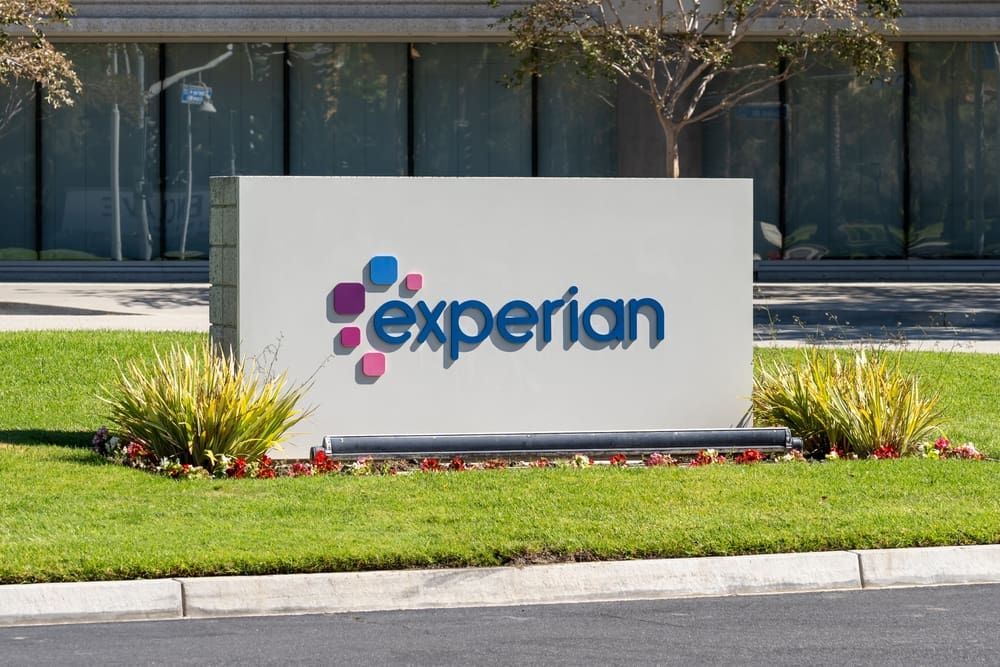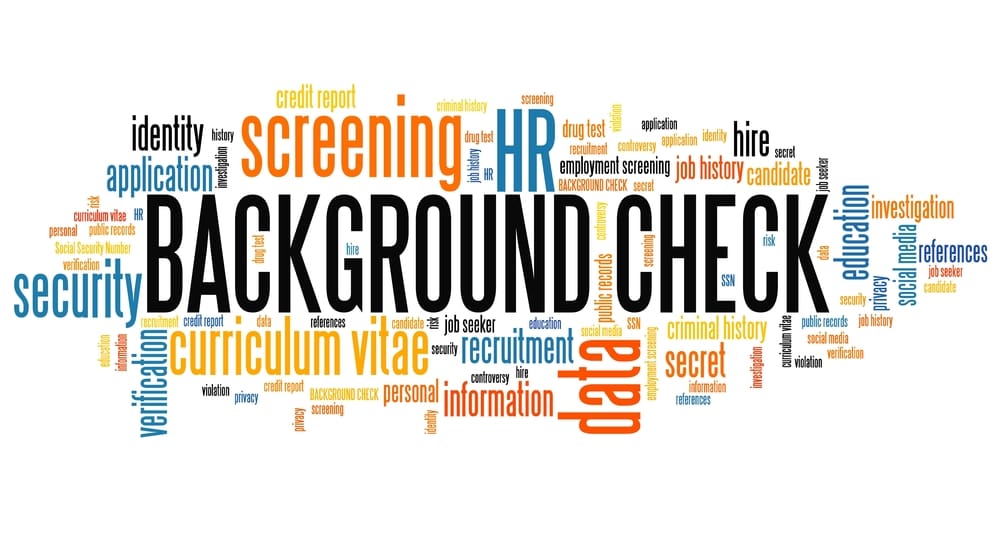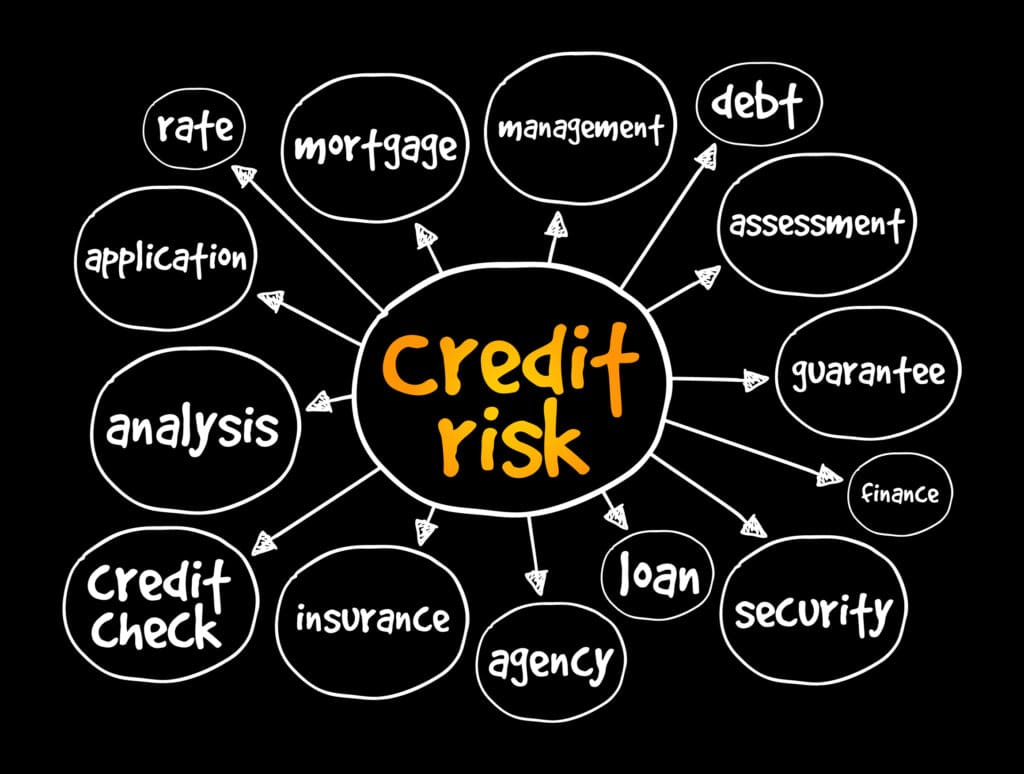Credit Report Errors: A Step-by-Step Guide to Consumer Reporting Companies, Your Rights, and How to Fix Them. Find Out More In Our Latest Article!
THIS ARTICLE MAY CONTAIN AFFILIATE LINKS, MEANING I GET A COMMISSION IF YOU DECIDE TO MAKE A PURCHASE THROUGH MY LINKS AT NO COST TO YOU. PLEASE READ MY AFFILIATE DISCLOSURE FOR MORE INFO.
Don’t Have Time To Read The Full Article. Here’s What You Are Missing.
Consumer reporting companies play a vital role in shaping financial decisions that affect our lives. These firms collect and provide information about individuals to businesses making choices about credit, employment, housing, and more.
The Consumer Financial Protection Bureau maintains a list of consumer reporting companies that allows people to check and correct their information.

This list includes the three major nationwide credit bureaus – Equifax, TransUnion, and Experian – as well as many specialized reporting agencies.
These specialized firms focus on areas like employment screening, tenant history, banking, insurance, and medical information.
The list helps consumers exercise their rights under the Fair Credit Reporting Act to access their data and dispute any errors.
Checking reports from these companies regularly helps ensure the information used to make important decisions about you is accurate and up-to-date.
Many of these reports are available for free, allowing consumers to stay informed about their records across various industries and aspects of their financial lives.
Understanding Consumer Reporting Companies

Consumer reporting companies play a crucial role in the financial lives of individuals. They collect and maintain data that impacts many aspects of a person’s economic opportunities.
Role and Importance
Consumer reporting companies gather information about people’s credit, employment, and other financial activities. They create reports that businesses use to make decisions about loans, jobs, and services. These reports can affect whether someone gets approved for a credit card, mortgage, or apartment rental.
The three main nationwide consumer reporting companies most consumers are familiar with include Equifax, TransUnion, and Experian. But many other specialized companies exist too.
Some focus on specific areas like employment screening or tenant history. Others look at banking habits or insurance claims.
Legal Framework
The Fair Credit Reporting Act (FCRA) governs consumer reporting companies. This law gives people important rights regarding their credit information.
It requires these companies to:
- Provide free annual and weekly credit reports
- Investigate disputes about incorrect information
- Correct or delete inaccurate data
- Limit who can access credit reports
The FCRA also sets rules for how long negative information can stay on a credit report. Most bad marks must be removed after 7 years. Bankruptcies can remain for up to 10 years.
Nationwide Consumer Reporting Companies

The three main nationwide consumer reporting companies are Equifax, TransUnion, and Experian. These companies collect and maintain credit information on most U.S. consumers.
Equifax
Equifax is one of the largest credit reporting agencies. It gathers data on over 800 million people and 88 million businesses worldwide.
Equifax credit reports include personal information, credit accounts, public records, and credit inquiries. The company uses this data to generate credit scores.
Consumers can get a free Equifax credit report once a year. Due to a 2019 settlement, U.S. consumers can now request up to six free Equifax credit reports annually.
TransUnion
TransUnion maintains credit information on over 1 billion consumers in more than 30 countries. Their reports include data on credit accounts, payment history, and public records.
The company offers credit monitoring services to help consumers track changes to their credit profiles. TransUnion also provides identity theft protection tools.
Consumers can access their TransUnion credit report for free once a year through AnnualCreditReport.com. The report shows a summary of credit accounts and payment history.
Experian
Experian collects and aggregates information on over 1 billion people and businesses. Their credit reports include details on credit accounts, inquiries, and public records.
The company offers a free Experian credit report every 12 months. Experian also provides a free credit monitoring service called Experian Boost.
Experian credit scores range from 300 to 850. Factors that impact the score include payment history, credit utilization, and length of credit history.
Industry-Specific Reporting Companies

Consumer reporting companies collect data for specific industries. They provide reports that help businesses make decisions about individuals. These reports can affect employment, housing, and other important areas of life.
Employment Screening
Employment screening reports help companies evaluate job candidates. These reports may include work history, education, and criminal records. The Fair Credit Reporting Act gives job seekers rights regarding these reports.
Key rights include:
- Getting a free copy of your report
- Disputing wrong information
- Being told if information in the report led to not being hired
Some major employment screening companies are:
- HireRight
- First Advantage
- Sterling
Job seekers should check their employment reports before applying. This helps catch and fix errors that could hurt job chances.
Tenant Screening
Landlords use tenant screening reports to assess potential renters. These reports often include:
- Credit history
- Eviction records
- Criminal background checks
Like with employment reports, renters have the right to:
- Get a free copy of their tenant screening report
- Dispute incorrect information
- Know if the report led to a rental denial
Some well-known tenant screening companies are:
- RealPage
- TransUnion SmartMove
- Experian RentBureau
Renters should review their tenant screening reports regularly. This helps ensure the information landlords see is accurate and up-to-date.
Financial Services Reporting

Financial services reporting covers specialized consumer reports used by banks and lenders. These reports help assess financial risks and habits of individuals applying for accounts or loans.
Check and Bank Account Screening
Check and bank account screening reports track a person’s banking history. They show if someone has bounced checks or closed accounts with negative balances. Banks use this info to decide whether to open new accounts for customers.
ChexSystems is a major company that provides these reports. It keeps records for up to 5 years.
Consumers can get a free copy of their report weekly.
Other firms like Early Warning Services also offer similar screening. These reports may include info on:
• Overdraft history • Account closures • Suspected fraud attempts
Low-Income and Subprime
Low-income and subprime reports focus on consumers with limited credit history or past financial troubles. Lenders use these to evaluate higher-risk applicants for loans and credit.
Companies like Clarity Services gather data on:
• Payday loans • Check cashing services
• Rent-to-own transactions
This info helps assess the habits of “unbanked” consumers. Subprime reports may include details not found in standard credit reports.
Consumers should check these reports for errors. Mistakes could make it harder to get loans or open bank accounts. Free annual reports are available from many of these specialized agencies.
Consumer Reports for Insurance and Health

Consumer reporting companies collect data on individuals for insurance and medical purposes. This information helps insurers assess risk and healthcare providers make treatment decisions.
Personal Property Insurance
Insurance companies use consumer reports to evaluate risk when issuing policies. These reports contain details about past claims, property conditions, and credit history.
Consumer Reports advises checking your insurance-related consumer reports for accuracy.
Errors could lead to higher premiums or denied coverage.
Some key personal property insurance report providers include:
• LexisNexis Risk Solutions • Verisk • Insurance Information Exchange (iiX)
Consumers can request free copies of these reports annually. It’s important to review them and dispute any mistakes.
Medical
Medical consumer reports track health information and prescription drug history. Healthcare providers and insurers use these reports to make treatment and coverage decisions.
Major medical consumer reporting companies include:
• MIB Group, Inc. • Milliman IntelliScript • OptumInsight
These reports may contain diagnoses, lab results, and medication records.
Consumers have the right to access their medical reports for free once per year. Correcting errors in these reports is crucial for proper healthcare and insurance coverage.
Additional Consumer Reporting Areas

Consumer reporting companies collect data in several specialized areas beyond traditional credit reports. These niche reports can impact various aspects of a person’s life, from utilities to gaming.
Supplementary Reports
Some companies create supplementary consumer reports that cover specific topics. These reports may include information about a person’s rental history, insurance claims, or medical payments.
Consumers can request free copies of these reports annually. It’s important to review them for accuracy, as errors could affect future housing or insurance applications.
Some key supplementary report types include:
• Rental history reports
• Insurance claim reports
• Medical payment reports
Reviewing these reports helps consumers understand what information landlords, insurers, and other companies may see about them.
Utilities
Utility companies often use specialized consumer reports to assess new customers. These reports track payment history for services like electricity, gas, water, and telecommunications.
A poor utility payment history can make it harder to set up new services or may require larger deposits. Consumers should check these reports, especially when moving to a new area.
Key points about utility reports:
• Track payment history for various utilities
• Can affect ability to set up new services
• May influence deposit amounts required
Staying current on utility payments helps maintain a positive report and easier access to services.
Retail
Retail-focused consumer reports track shopping behaviors and return patterns. Stores use this data to identify potential fraud or abuse of return policies.
These reports can include:
• Purchase history
• Return frequency
• Instances of suspected fraud
A negative retail report might lead to restrictions on returns or refusals of check payments. Consumers should be aware that their shopping habits are being tracked and reported.
It’s important to keep receipts and follow store policies to maintain a positive retail consumer report.
Gaming
The gaming industry uses specialized consumer reports to track player behavior and manage risk. These reports can affect a person’s ability to gamble or receive casino credit.
Key aspects of gaming reports include:
• Gambling history
• Credit used for gaming
• Any instances of problematic behavior
Casinos and online gaming platforms may check these reports before extending credit or allowing high-stakes play. Responsible gaming habits help maintain a positive report in this area.
Consumers should be aware that their gaming activities may be reported and could impact future gambling opportunities.
Closing: Identify and rectify errors
Consumer reporting companies play a crucial role in shaping decisions related to credit, employment, and housing by collecting and analyzing vast amounts of data.
The Consumer Financial Protection Bureau (CFPB) provides a comprehensive list of major credit bureaus and specialized reporting agencies across various industries, ensuring that consumers have access to the necessary resources to manage their information effectively.
Understanding the landscape of these agencies is vital for consumers looking to protect their rights and maintain their financial health.
Regularly checking credit reports is essential for all consumers, as it allows them to identify and rectify errors that could adversely affect their financial standing and opportunities.
Start checking your credit reports today.
Frequently Asked Questions

Consumer reporting agencies play a crucial role in maintaining accurate credit information. Understanding their responsibilities and your rights can help you manage your credit effectively.
What are the responsibilities of consumer reporting agencies in maintaining accurate credit reports?
Consumer reporting agencies must ensure the information they collect is accurate. They are required to investigate disputes from consumers. The agencies must correct or delete inaccurate information within 30 days.
How can consumers dispute inaccuracies in their credit reports with major credit bureaus?
Consumers can file disputes online, by mail, or by phone. They should provide details about the error and any supporting documents. Credit bureaus must investigate and respond within 30 days.
What kind of consumer information do industry-specific reporting agencies collect?
Industry-specific agencies collect targeted information. For example, tenant screening agencies report rental history, employment screening companies gather work history and background check data, and insurance agencies compile claims history.
How do specialty consumer reporting companies affect low-income and subprime loan consumers?
These companies may focus on alternative data for consumers with limited credit histories. They might consider rent payments, utility bills, or non-traditional loans. This can help some consumers access credit but may also result in higher interest rates.
What steps should consumers take to freeze their credit with Equifax or other nationwide credit bureaus?
To freeze credit, consumers should contact each bureau separately. They can do this online, by phone, or by mail. A freeze prevents new accounts from being opened in the consumer’s name. It’s free to place or lift a freeze.
Why might a consumer request a report from a secondary credit bureau in addition to the three major credit bureaus?
Secondary bureaus may have unique information not found in major reports. This could include specialty data on rentals, utilities, or check writing history.
Reviewing these reports can give a more complete picture of one’s credit profile.
Disclaimer: Millennial Credit Advisers is not a licensed credit service provider or financial advisor. We don’t offer credit repair, debt management, or legal services. Educate yourself on saving, reducing debt, and managing credit for economic improvement. Understand credit reports, scores, and financial products. Consult a financial advisor for personalized advice. Track your progress for a better credit journey.
Written content: Please view our full AI Use Disclosure.
“We improve our products and advertising by using Microsoft Clarity to see how you use our website. By using our site, you agree that we and Microsoft can collect and use this data. Our privacy policy has more details.”
















